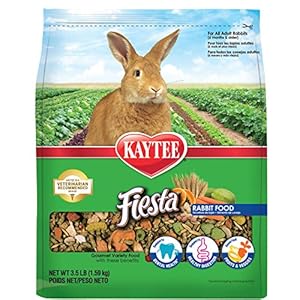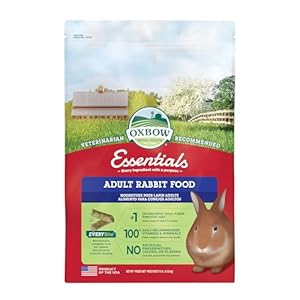
Nelson, whose farm is within the northeast nook of Louisiana, sees a determined want for the SFFA’s reinvestment in smaller operations. Small farmers close to him have confronted many issues in recent times, similar to climate-change impacts, land loss, and being denied monetary help.

Willis Nelson and son Wil’laddyn Nelson standing in a soybean subject on the Nelson & Sons Farm. (Photograph credit score: Willis Nelson)
“I’ve been seeing with all of the farmers that there’s issue in making their money move,” says Nelson, who can be a present member of the Federation and a board member of the National Black Growers Council. “It’s been a tough 4 years for the Southeast.”
Contemplating the high cost of starting and scaling farming operations, many farmers by no means see funding returns, says Blanding. And farms which might be smaller in acreage are extra susceptible to numerous points that may shortly grow to be financially burdensome.
Local weather change—particularly excessive drought and floods—causes many points for small farmers specifically. With the extra intense warmth, drought, and storms introduced on by the altering local weather, “It’s not the unique rising seasons that we’re used to,” Nelson says. His farm has been working to maintain its yields up and sustain with inflation.
Lenders usually wish to see the farm’s profitability alongside different elements similar to earnings, credit score rating, and marketing strategy. Due to the intense climate, farmers with smaller operations undergo extra substantial losses than bigger farmers—making it more difficult to get the capital they should keep afloat.
Alongside local weather change, the altering demographics of the farming group creates one other problem. “A few of us [farmers of color] are nonetheless shedding land,” Nelson says. Moreover, most land within the space is handed down via succession, from one technology to the subsequent, however the youth now not have as a lot curiosity in farming or they lack the assets to start out. In lots of locations, folks have bought their land or non-public entities have taken it over. “It’s not household farming anymore,” Nelson says.
“Agriculture is a big and essential a part of what this nation is. The extra people who find themselves a part of it and succeeding in it, the higher off we’re as a nation.”
Burkett additionally sees medium-size farming operations, or these with product sales between $100,000 and $400,000 yearly, dealing with outsize issues. “Mid-size farmers—what I name true household farms—are completely being squeezed out” as many farms within the space have needed to stop operations or downsize, he says. Farms can both get actually huge or keep small, says Burkett.
“It simply prices a lot to do enterprise now with the price of tools, labor, business necessities, security, guidelines and rules,” Burkett says. “You’ve obtained to have a full-time man or girl simply to maintain up with these targets.”
Nelson believes a cooperative inexperienced financial institution may assist household farmers navigate challenges like these. On his farm, a financial institution mortgage would assist him perform sure upgrades, similar to putting in underground irrigation to arrange for drought.
Within the absence of a financial institution just like the SFFA, Nelson needed to undergo the USDA’s price share program, often called the Environmental Quality Incentives Program (EQIP), to get the tools he wanted to empty the water from his land after a current flood. This system lined 70 % of the associated fee, however Nelson nonetheless needed to put up 30 %, impacting different farm wants. And whereas packages like EQIP are useful, the funding is proscribed, not assured, and might require a prolonged wait.
Moreover, some EQIP funding has been paused because the begin of the brand new administration whereas the USDA conducts a overview of grant contracts to find out in the event that they align with President Trump’s government orders rolling back climate projects and work that prioritizes equity or diversity. Whereas a courtroom ordered the funds to be unfrozen, the company has solely launched small batches of that cash.
EQIP was one among a number of packages that obtained a bump in funding from the Biden-era Inflation Reduction Act for farm tasks that prioritized local weather targets, so some farmers’ contracts can also be prone to cancellation. As funding via EQIP and the huge suite of farm packages the USDA runs turns into extra unsure, SFFA may grow to be an much more very important useful resource—assuming it continues.
Trending Merchandise










